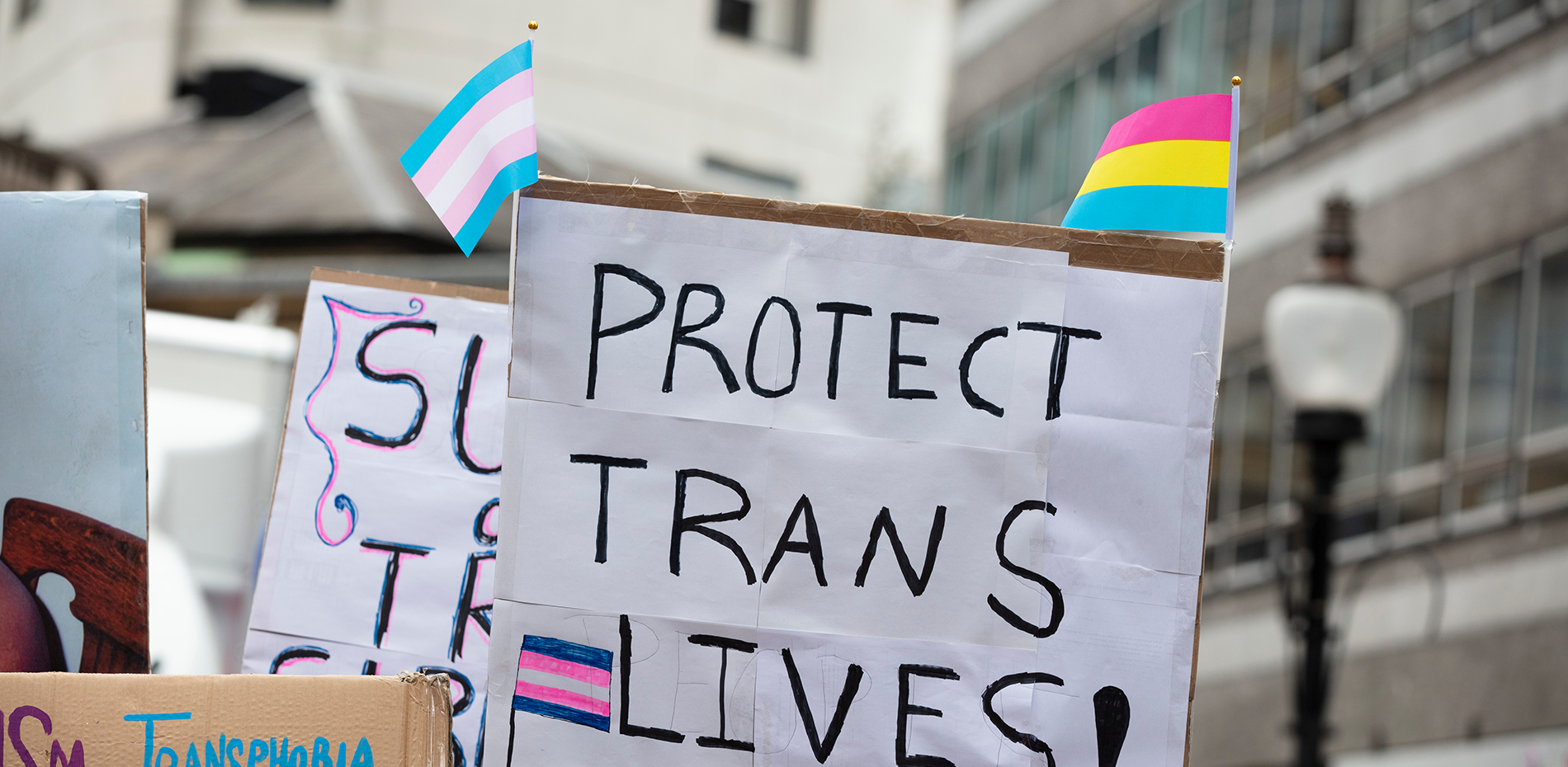The Senate dealt with this matter of an inquiry on this topic back in November. We didn't support such an inquiry then, and it should not be supported now. The timing of this debate does not escape me. This motion has been moved in the context of rallies held over the weekend and the week before, regarding and often hosting a controversial UK anti-trans activist, and her speaking appearances in Australia. They are views which, as we saw on the weekend, are backed by far-right extremists, some of whom were seen using a Nazi salute outside the Victorian parliament. These are not the Australian values I grew up with, they're not views we should be amplifying in our parliament and they don't deserve treatment as a matter of urgency in this place.
The debate before us on this emergency motion is not about ensuring appropriate inquiry, support and care, as the motion might suggest. It is about giving a platform to people with views that would harm an incredibly vulnerable, patient group and their families and loved ones. You only really need to look at the way these matters were debated in the context of the marriage equality postal survey and see how the identities of trans people were targeted back then.
It is not in the interests and safety of children to be debated in this way. We should not amplify these issues under the guise of seeking to improve access for trans and gender-diverse people to care. We should be supporting better access to care and better health outcomes for all Australians, including children, young people and their families. It has got to be a key priority for our Australian government, as it is.
Only a few weeks ago I walked over the Sydney Harbour Bridge with some 50,000 proud, peaceful, kind families and individuals from all over the world. Community members and allies walked with the LGBTQI+ community over the Sydney Harbour Bridge. That was a far cry from the small gatherings of protest we've seen around Australia in the last week.
The community is overwhelmingly against such an inquiry, as are the medical experts in this field. I remind this place that in 2020 the Royal Australasian College of Physicians provided advice to the then Minister for Health on the treatment of gender dysphoria in Australia and that advice, supported by paediatricians, endocrinologists and groups with specialist research in bioethics, recommended against such an inquiry. They noted that it would not increase the scientific evidence available regarding gender dysphoria but would further harm vulnerable patients and their families by subjecting them to debate in this place. Every time these kinds of motions come up in this place you see responses from parents whose children notice such debates. They are alarmed at the impact that such debates have, as their very personal identity is debated in this way in this place.
We know of course that the clinical treatment of children and adolescents experiencing gender dysphoria is a complex and evolving area. We do need long-term evidence to inform treatment protocols. This is well understood by researchers and clinicians who are working to expand the evidence base based on best practice and care, an evidence base that will be supported by Labor's $26 million Medical Research Future Fund. (Time expired)

